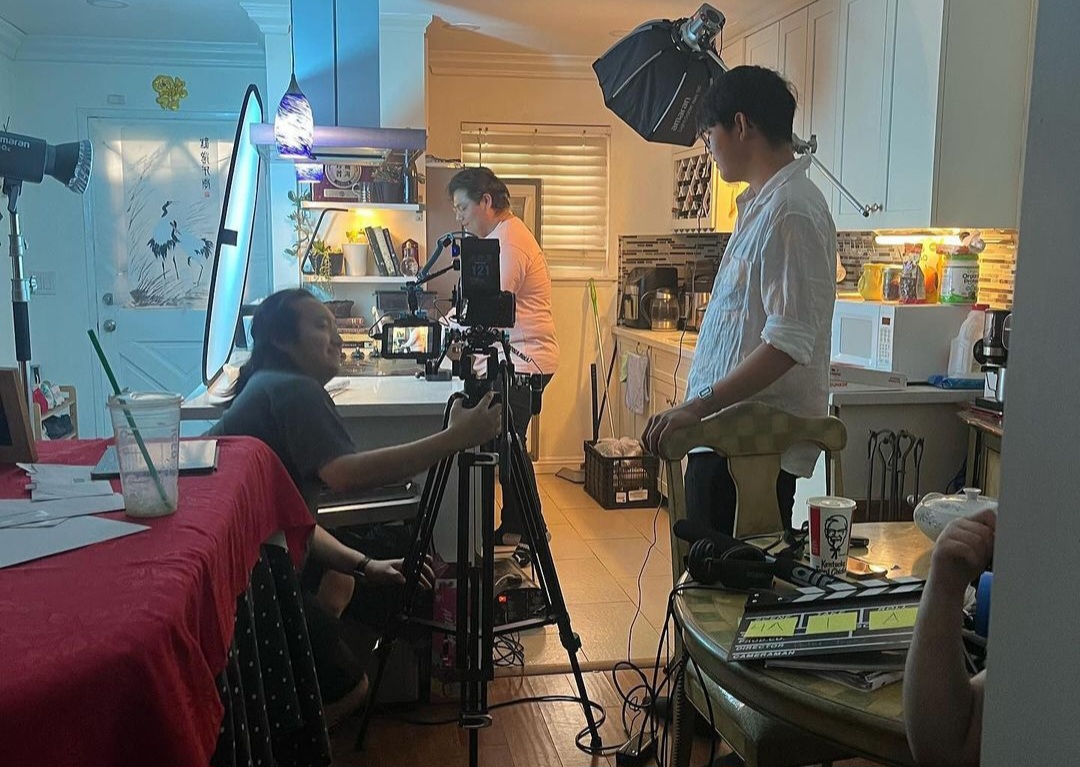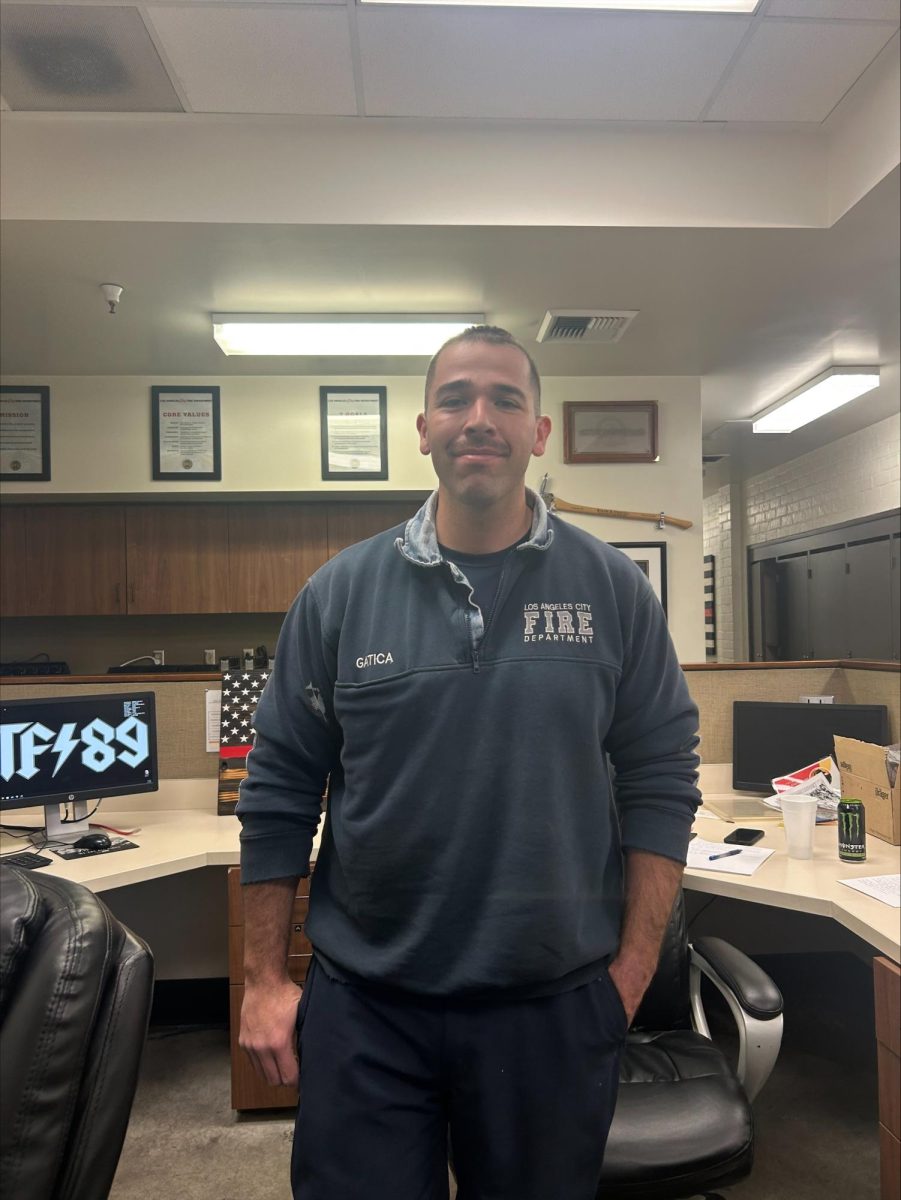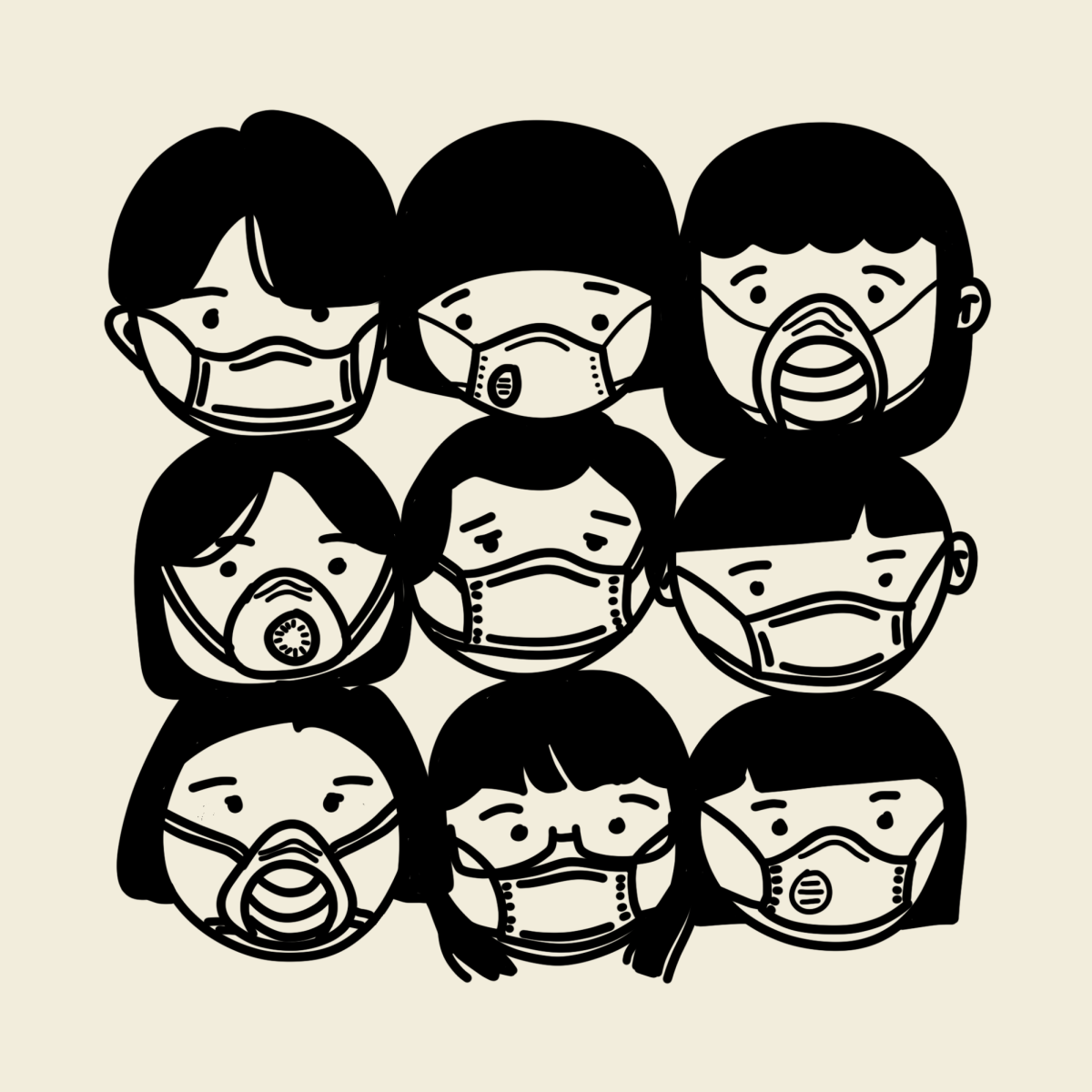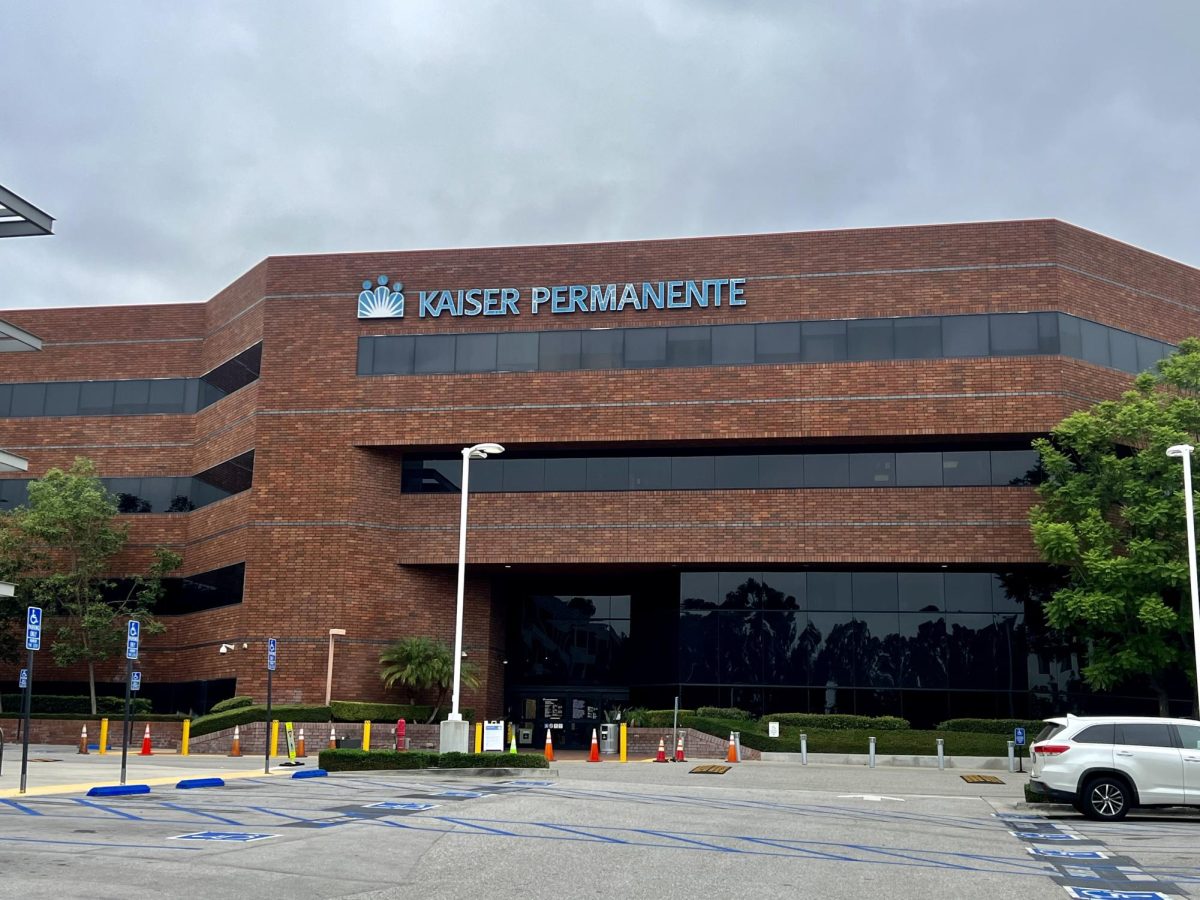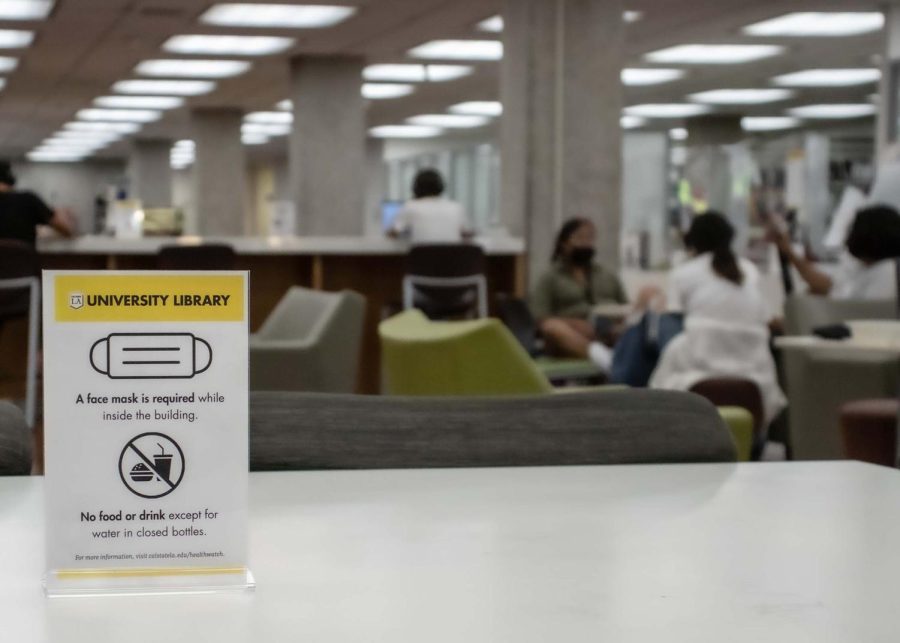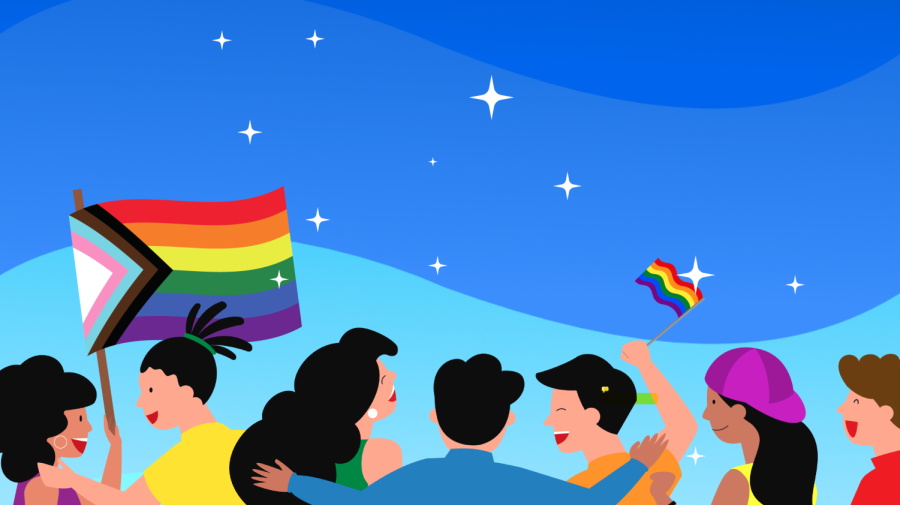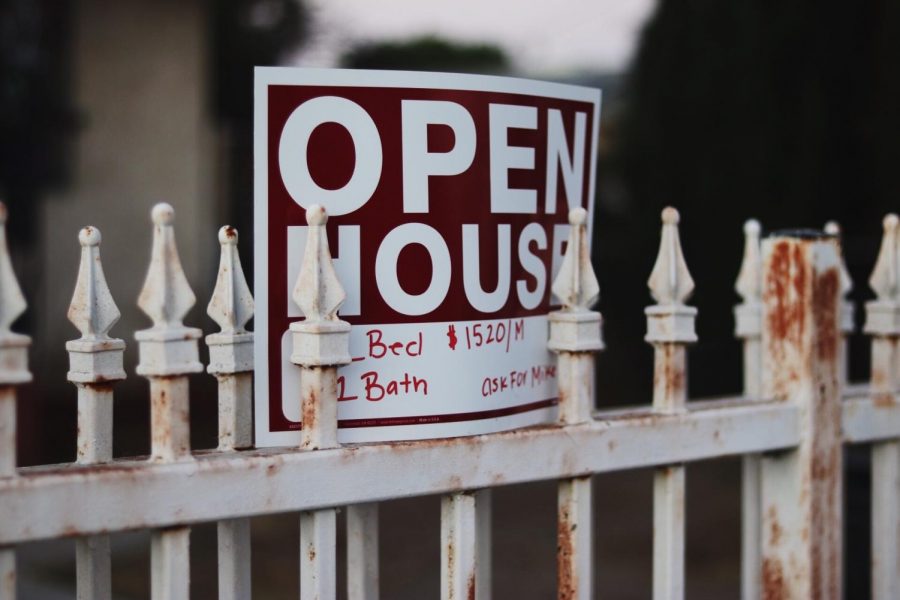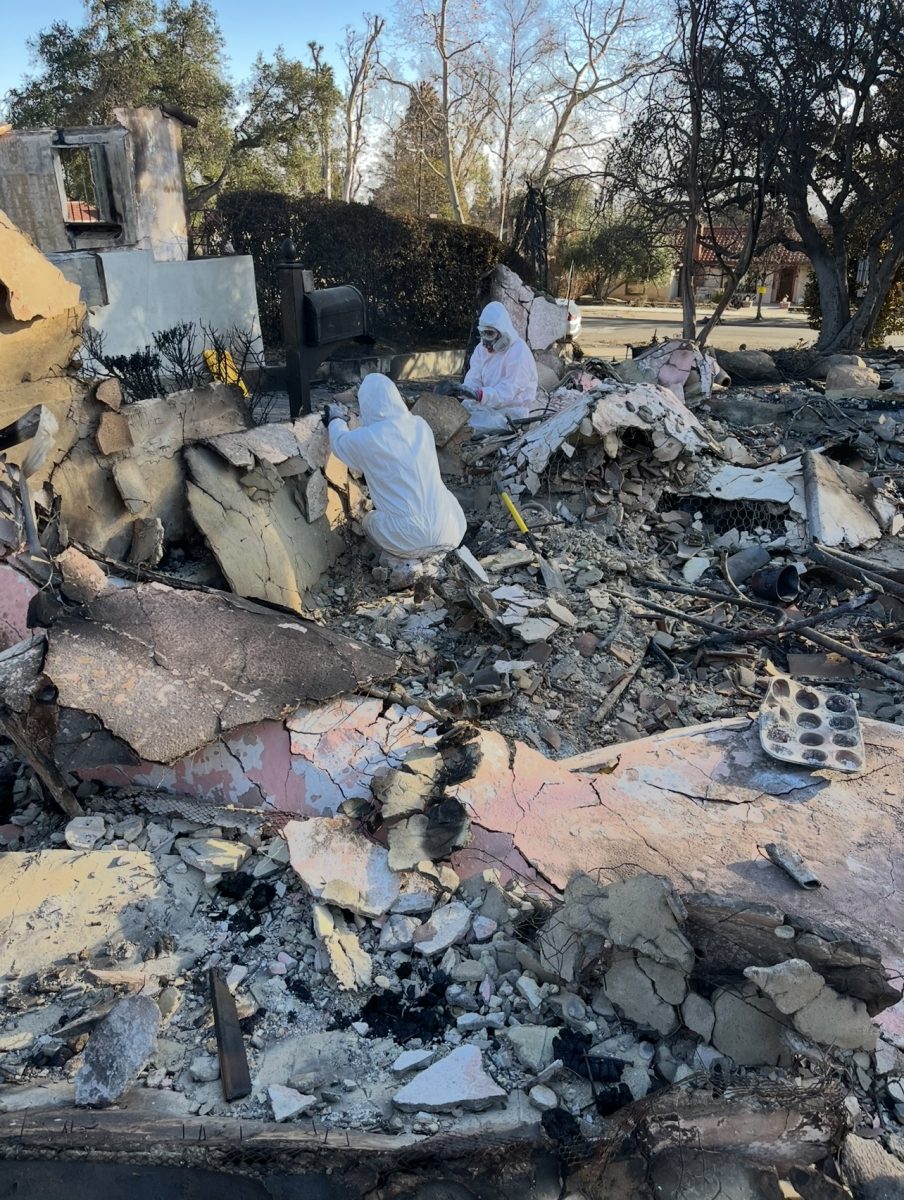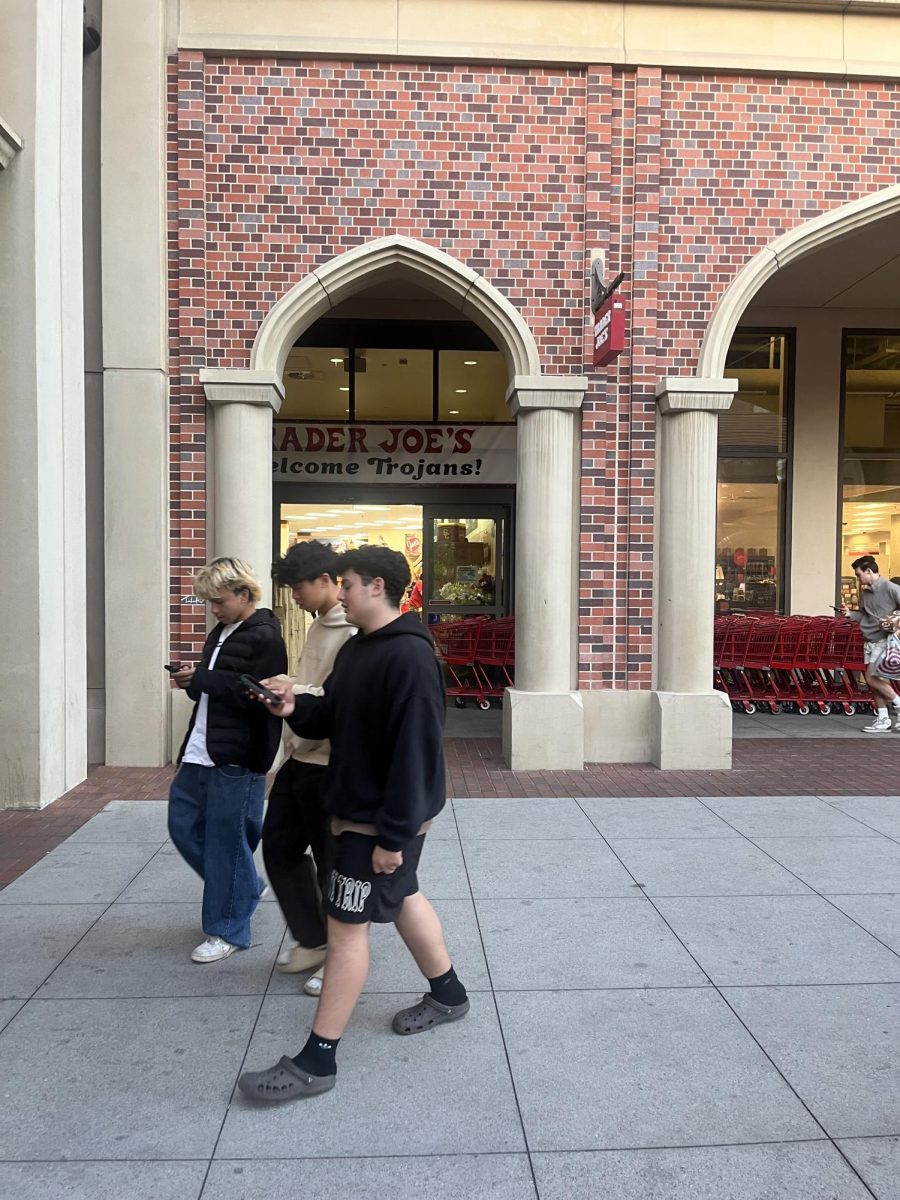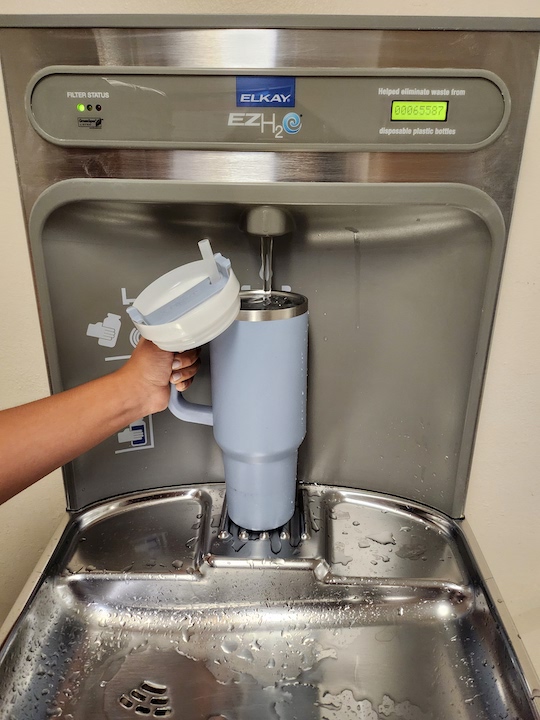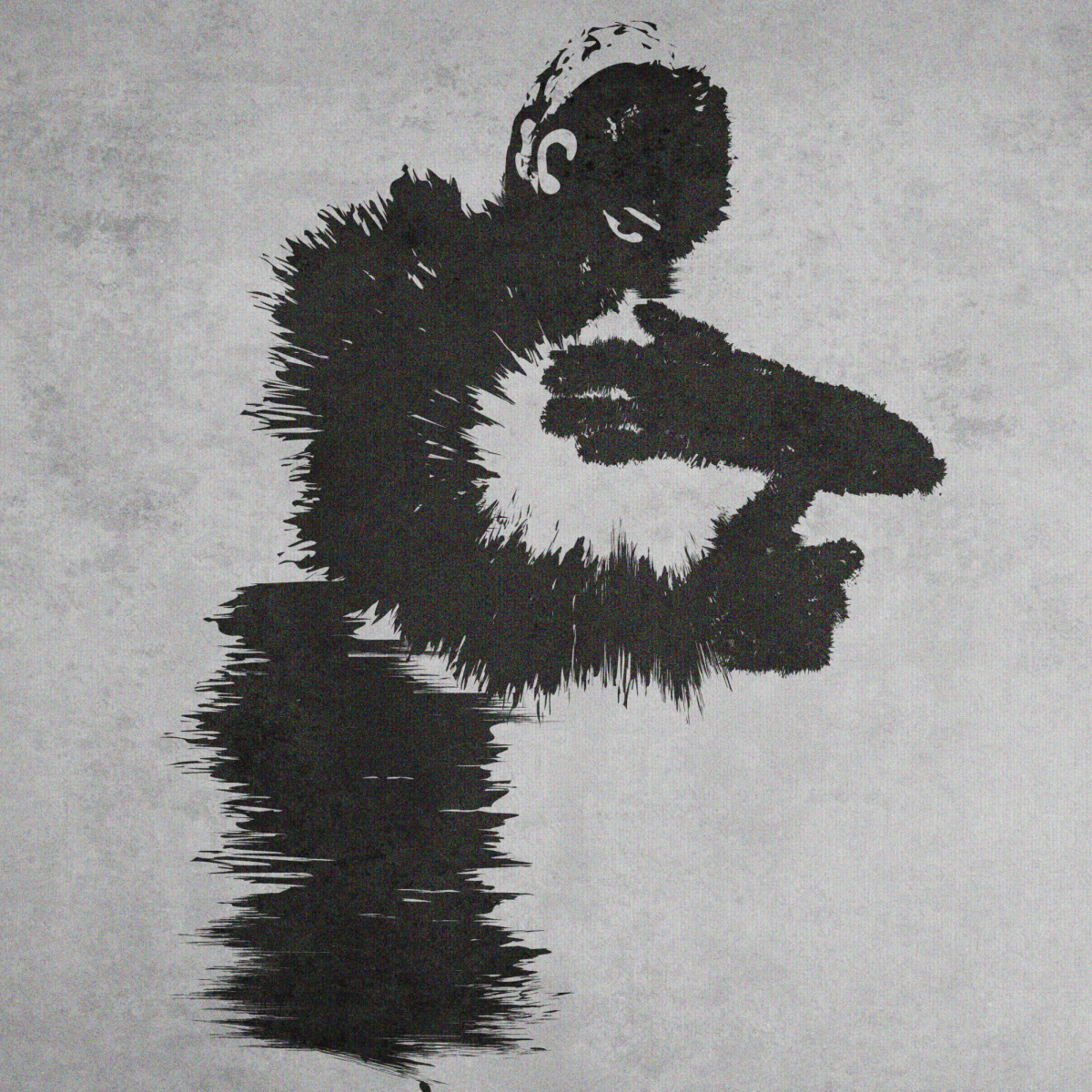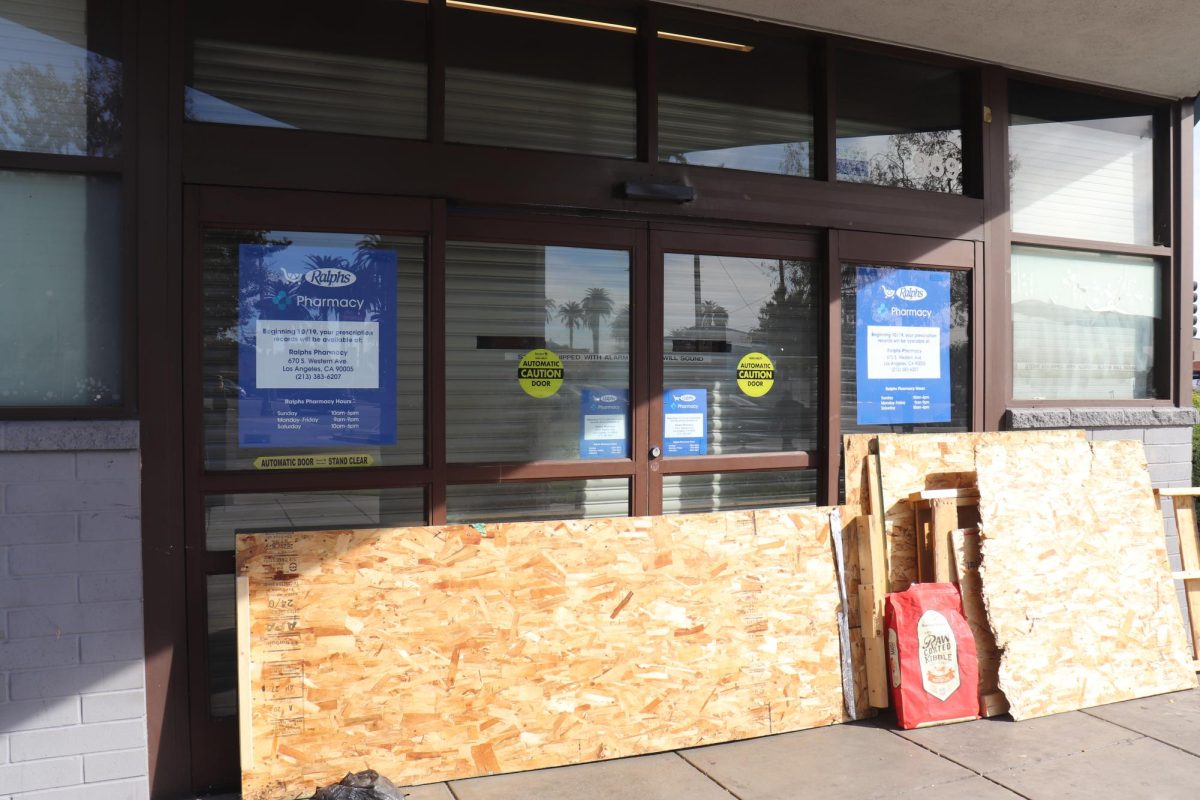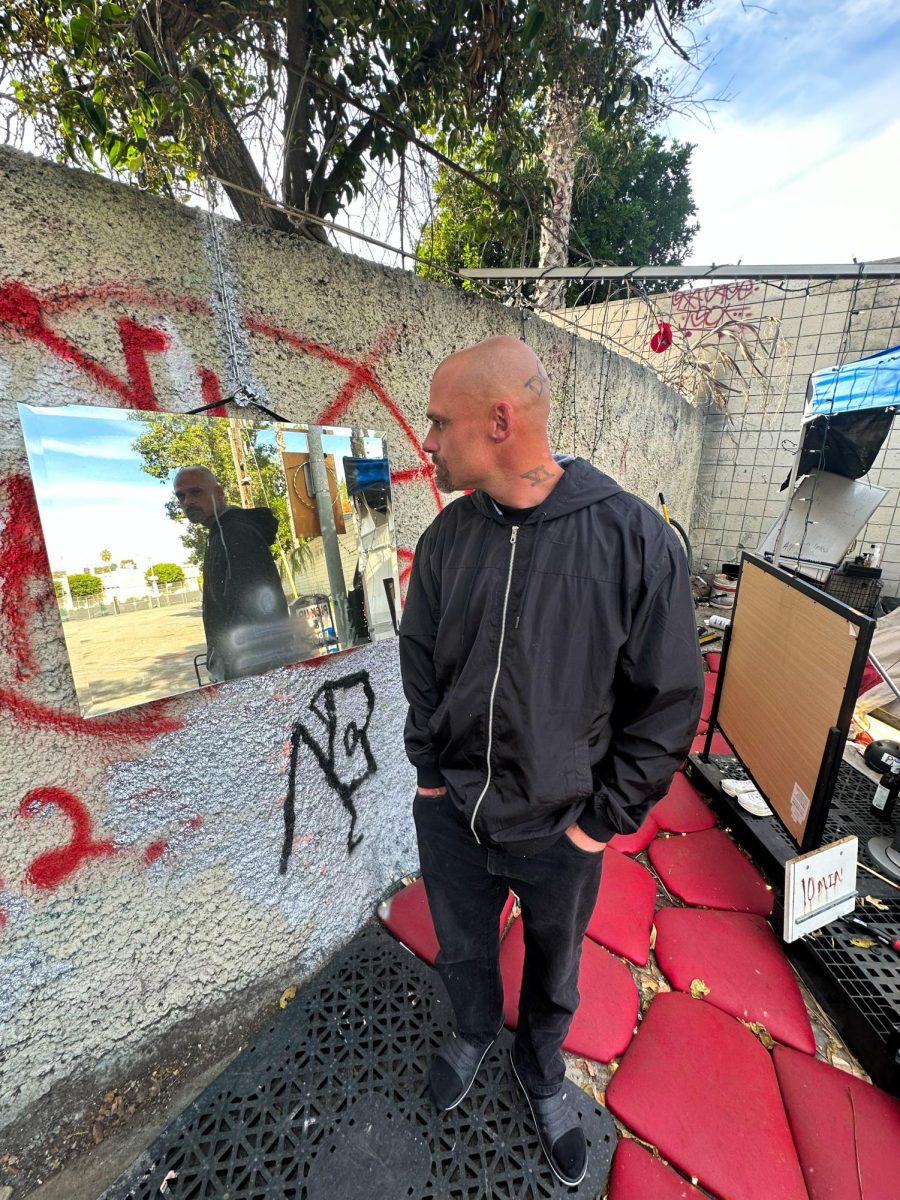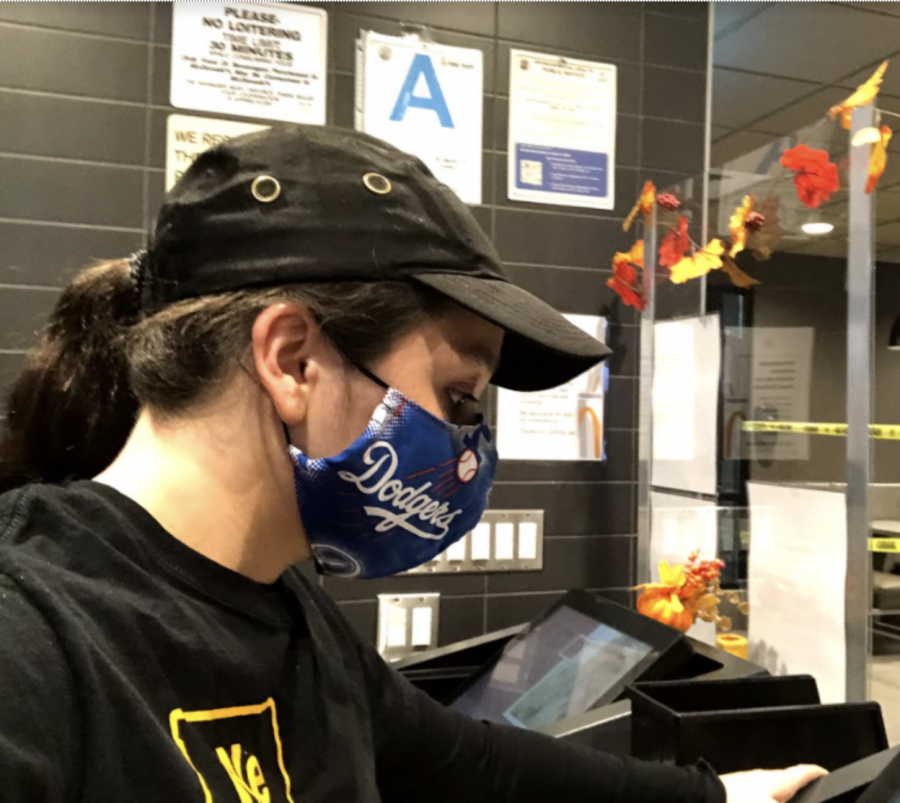
Societal burdens that have grown heavier through the pandemic have been carried on the backs of essential workers. I am one of those workers.
Soon after COVID-19 began to make its way across the country, many organizations and businesses were shuttered for a while and later required to change their rules and regulations to maintain the safety of their customers and employees.
To this day, I can’t go to my university’s campus because of safety concerns. My professors don’t allow me to do my work as a journalist, interviewing in the field, to protect me.
And yet, I remain exposed almost every day. I am an essential worker. For the past two years, I have worked at McDonald’s. I am extremely thankful for my job, especially knowing how many others have lost their sources of income.
At the same time, I’m well aware that essential workers aren’t just putting their own lives on the line if they aren’t careful; They can endanger the lives of those around them, too.
Living with a mother with cancer and a sister that’s pregnant is a constant reminder of those risks.
To be sure, my workplace has a number of safeguards in place. When the pandemic hit in March, the McDonald’s location where I work closed all indoor dining operations to keep customers safe. Customers are allowed inside the store for takeout orders only.
Customers are required to wear masks when they are inside, and all employees are required to wear masks and gloves during their shifts for safety measures.
Other safety measures taken at this McDonald’s location include stickers being placed on the floor to keep customers six feet apart from each other and plexiglass placed in front of the registers, in dining rooms, and at both drive-through windows.
Before I step into the work area, the manager takes my temperature and asks if I am experiencing any symptoms.
I work at the drive-through window. To avoid any physical contact with customers, I hand the credit card machine to them so they can put their card in the slot themselves and pay for their orders.
Still, we have not been completely immune to the virus.
One day I was working when my boss said she wanted to speak to me.
I was nervous. I thought maybe I did something wrong at work.
“An employee has tested positive for COVID-19,” she said.
I was shocked. I asked her when she found out about the news. She said she discovered it days before.
My boss closed the store early so other employees could disinfect the whole store. There was a list of all places that needed to be cleaned.
When I got home from work, I told my mother and sister what happened. They both were shocked and worried about me.
My mom asked, “Do you know who the person is?”
“No. The manager isn’t obligated or allowed to say who it is,” I said.
“Do you feel okay?” my sister asked.
“I’m feeling just fine,” I said, not knowing that more bad news was on the way.
I got another call from my boss soon after.
She said a second employee tested positive. Both employees had worked during the week.
I asked my boss if I should get tested. She said if I’m not feeling any symptoms, that I didn’t need to do it.
All I could think about was the safety of my mother and sister.
As a precaution, I called my doctor’s office to give her the details.
“Are you feeling any symptoms?” she asked.
“No,” I said.
“You probably don’t need to get tested in that case,” she said.
I didn’t get tested and thankfully, I continue to be symptom-free. But that doesn’t stop me from worrying about the possibility of asymptomatic customers or employees around me and it doesn’t stop me from worrying about my family.
Community News reporters are enrolled in JOUR 3910 – University Times. They produce stories about under-covered neighborhoods and small cities on the Eastside and South Los Angeles. Please email feedback, corrections and story tips to [email protected].





